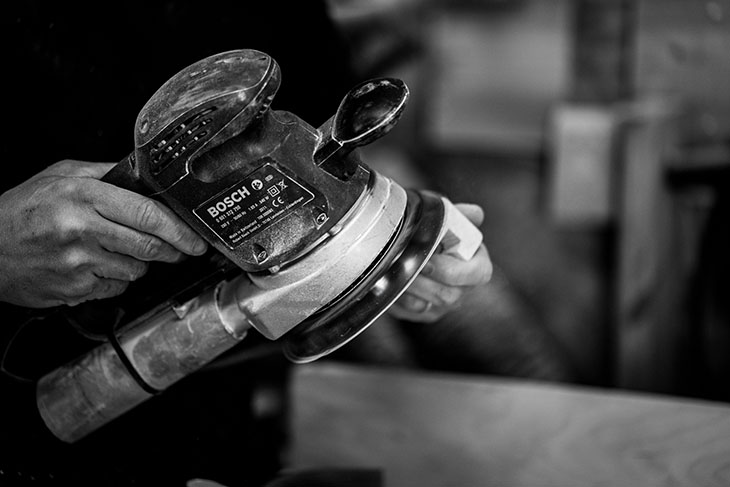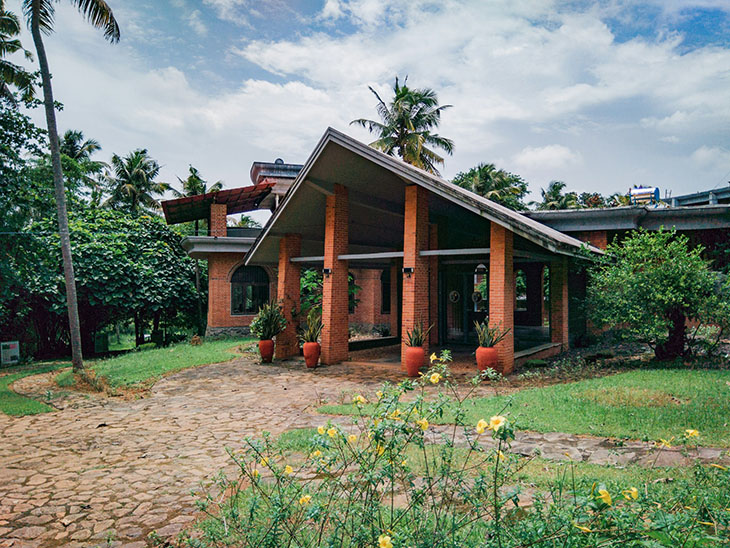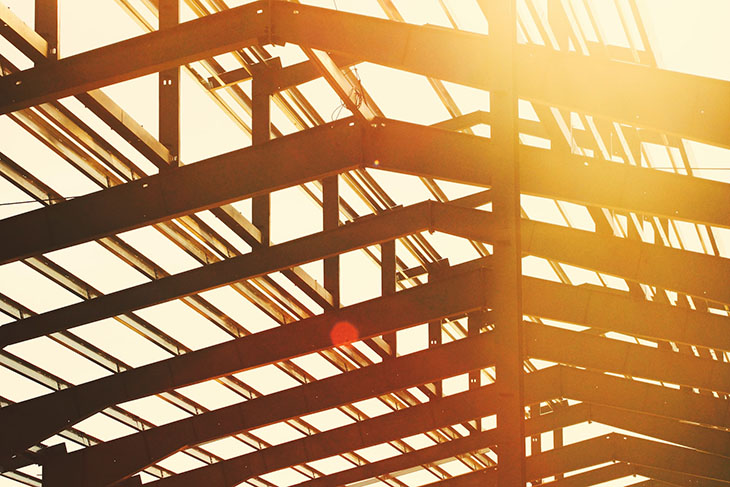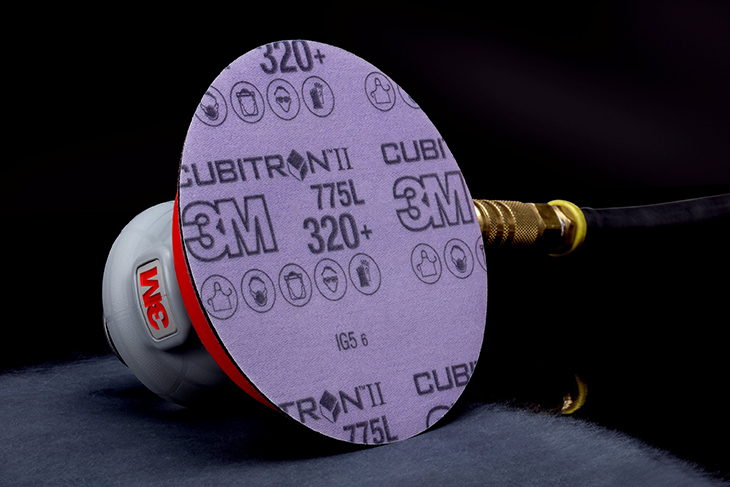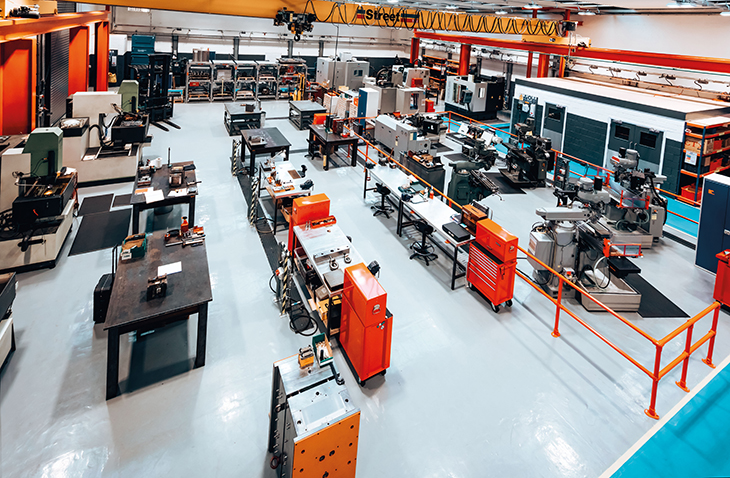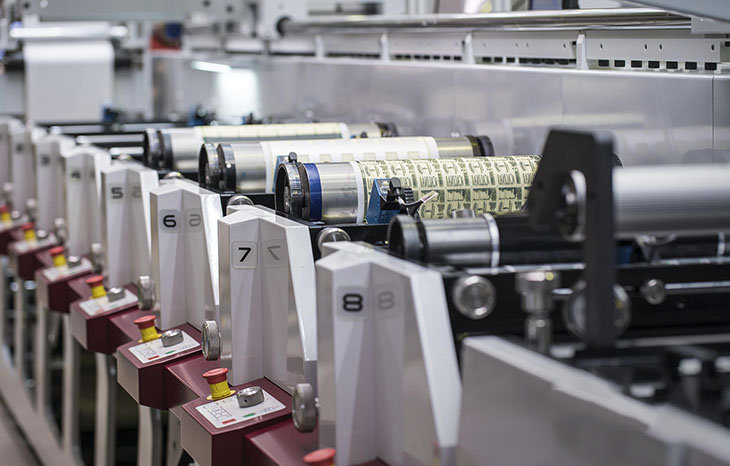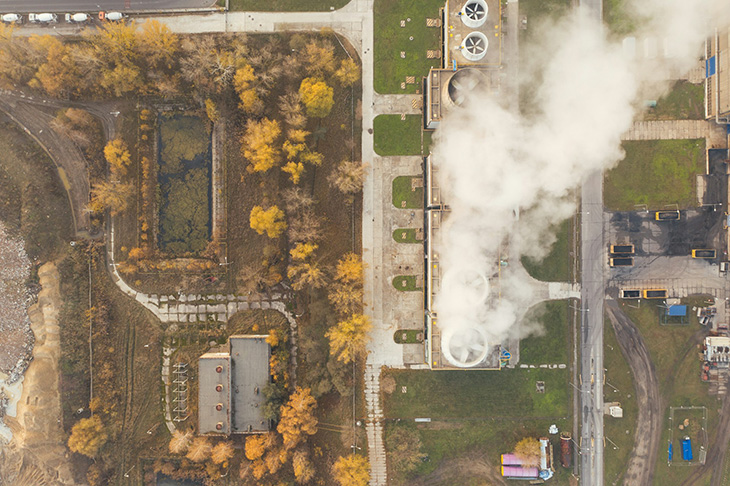Berger Gruppe is a family-owned business with a long-standing tradition of excellence in metalworking and finishing. For decades, the company has been a trusted name globally, specializing in CNC-controlled machines and robotic cells that serve industries ranging from cutlery and surgical instruments to industrial blades and hand tools. With over 1000 robotic applications implemented in the past 20 years, Berger Gruppe continues to push the boundaries of innovation and automation. Operating in more than 70 countries and supported by 14 international agencies and a subsidiary in the USA, the company remains a leader in precision engineering with deep-rooted expertise and forward-thinking solutions.
In this interview, we had the opportunity to speak with Dr. Andreas Groß, Managing Director of Berger Gruppe. Dr. Groß shares insights into the company’s long-standing tradition, its leadership in CNC-controlled machines and robotic cells, and how the Berger Gruppe continues to drive innovation across various industries. The conversation covers key areas such as technological advancements, sustainability initiatives, and the company’s approach to overcoming challenges in the machinery manufacturing sector, while maintaining its global presence and focus on the future.
Can you briefly introduce Berger Gruppe and its core areas of expertise?
Berger Gruppe was founded in 1957 and has remained a family-owned company ever since. Now, under the leadership of the third generation, we have grown to employ 185 people and operate under six brands, each serving distinct market segments, some of which we lead as market leaders. We specialize in developing and manufacturing CNC grinding machines and robotic cells for a variety of industries, including cutlery, tools, foundry, surgical instruments, and automotive. Each year, we develop 10–12 new machine types or production processes, from a total of 80–110 new systems. As a robotic system integrator for ABB and KUKA, we rely on automation through robotics for tasks like workpiece handling and tool guidance, with a strong focus on component feeding technology, ensuring seamless production integration.
What are the latest technological innovations your company has introduced in the machinery manufacturing industry?
In recent years, we have embraced the possibilities offered by digitalization and broadband connectivity. This has allowed us to develop interfaces for Industry 4.0 applications, utilizing networked sensor technology, signal processing, and integrating driverless transport systems for our machines. One of our most exciting innovations is a robotic cell designed to automate the machining of saw blades in packages. This system has dramatically reduced setup and changeover times from 10 hours to just 20 minutes, which earned us the IFE Innovation Award for Batch Size 1+. We are also proud of our robotic cell that uses bin-picking technology to process unsorted and unaligned workpieces, with the support of a 3D camera measuring system and laser distance sensors.
What are the primary markets Berger Gruppe currently serves, and are there any new markets or sectors you are considering for expansion?
The Berger Gruppe is comprised of six brands, each serving distinct market segments across various industries, including cutlery, machine knives, tools, foundry, pipes, surgical instruments, razor blades, steel processing, and automotive. Recently, we established the Berger Drive Tech division, which focuses on developing solutions for power skiving, particularly for internal and external gearing of workpieces used in industrial drive technology.
How does Berger Gruppe differentiate itself from other players in the machinery manufacturing sector?
The Berger Gruppe stands out by offering complete solutions that include system integration and automation. Our product range is extensive, encompassing over 1,100 robotic applications and 250 types of CNC grinding machines.
Can you describe a recent project that showcases your company’s capabilities and commitment to innovation?
One recent project that demonstrates our capabilities is the development of a robotic system featuring 33 interacting robots designed for polishing cooking pots. Another example is a robotic cell designed for processing saw blades in packages, along with the integration of 3D measurement systems for knives. We have also developed a 27-axis CNC grinding machine capable of double-sided grinding of scalpel blades at angles ranging from 14° to 35°.
What role does automation and Industry 4.0 play in your production processes?
Automation and Industry 4.0 are central to our production processes. Berger Gruppe offers not only grinding machines and robotic grinding cells for processing knives, tools, and castings, but also fully automated solutions. For instance, in a typical Berger production cell, a robot picks up a workpiece, processes it at a workstation, or inserts it into a grinding machine. After processing, the robot automatically retrieves the workpiece and places it in a magazine. Robots can also perform automatic tool and dressing roll changes. The Berger Machine Interface (BMI 4.0) captures sensor signals on machines—such as coolant temperature, motor load, spindle monitoring signals, air pressure, and volume—using a universal bus system. This data is essential for intelligent resource management, predictive maintenance, and real-time monitoring of the machine fleet. By collecting process data, we optimize production processes and identify dependencies, leading to minimized downtimes and improved capacity planning.
How do you integrate sustainability and environmentally friendly practices into your manufacturing processes?
Berger Gruppe places a strong emphasis on sustainability. We have installed the third-largest photovoltaic system in Wuppertal, which covers an area of 5,000 m² on our production facilities. This system, consisting of 1,800 solar panels, 40% of the electricity generated covers half of the company’s electricity needs with the remaining 60% being fed into the grid to supply green energy to 100 additional households. Additionally, the company has significantly reduced its use of spray cans, from 1,400 per year to just 32, achieving a cost reduction of 37%. Furthermore, we utilize 3D printing for rapid prototyping, a sustainable process that generates almost no waste.
How do you ensure quality control and precision in the production of your machines?
We ensure the highest level of quality and precision through complete digitalization using an ERP system. Additionally, we manage purchasing and resource planning with real-time calculations and provide online tracking of production parts to monitor progress closely.
What are the biggest challenges the machinery manufacturing industry is facing today, and how is your company addressing them?
One of the most significant challenges is the shortage of skilled workers. We are addressing this by actively recruiting through an extensive careers page, maintaining a presence on social media, and participating in various career fairs. We also have strong connections with local universities and schools, which helps in recruitment. The Berger Gruppe offers internships to both school and university students and collaborates with the University of Wuppertal, where we give guest lectures. Another challenge is high energy prices, which we have mitigated through our photovoltaic system. Additionally, competition from Asian manufacturers poses a threat, but we counter this by developing high-tech solutions that are unmatched by competitors. The biggest challenge for the German machinery industry, however, is the lack of political support, as the current crisis is misinterpreted as an economic one rather than a structural issue.
What is your approach to research and development? Could you share any upcoming products or technologies you are working on?
Our approach to research and development focuses on implementing AI algorithms for object recognition in robotic cells, developing 3D defect detection systems, and introducing collaborative robots (cobots) into various production processes.
How does Berger Gruppe support its clients in terms of after-sales services and technical support?
We have a dedicated service department that provides worldwide technical support to customers. In addition, most of our machines can be accessed remotely, allowing us to provide quick technical assistance directly from our headquarters in Wuppertal.
In what ways has digitalization impacted your business, and how are you leveraging it to improve customer service?
Digitalization has significantly impacted our business, particularly in terms of customer service. Our service technicians can connect remotely to customers’ machines to diagnose and resolve most issues without the need for on-site visits. Furthermore, the majority of our client meetings are now held via video conferencing, which has streamlined communication and improved response times.
How does your company foster innovation and collaboration with external partners or academic institutions?
The Berger Gruppe works closely with the University of Wuppertal, the Technical University of Dortmund, and the Machine Tool Laboratory at RWTH Aachen University. Through these partnerships, we conduct joint research projects and develop innovations. I also give lectures on special machine construction at the University of Wuppertal, with practical sessions held at our production facilities. Investing in education and training is a core part of our company philosophy. Each year, we offer up to 40 internships for school students and around 20 internships in mechanical and electrical engineering for university students.
How do you ensure the development and retention of skilled talent in such a specialized industry?
We are deeply committed to developing and retaining skilled talent. Every year, we train about 15 apprentices in fields such as industrial mechanics, electronics, and mechatronics. Nearly all of them stay with us after completing their apprenticeship. Many of our development engineers come from the University of Wuppertal and have been involved with our company through internships or lectures. To retain talent, we offer a range of benefits, including special bonuses, generous vacation time, flexible working hours, travel allowances, and company bike leasing. Additionally, we foster a positive working environment with employee events, green spaces by the Wupper River, and a recreational lounge with table tennis, foosball, and a PlayStation. Thanks to these efforts, we enjoy a very low turnover rate.
What are the future goals for Berger Gruppe in the next 5-10 years?
Looking ahead, we have ambitious plans. We aim to penetrate new markets, such as power skiving with our new BDT division, and offer innovative robotic solutions for the foundry industry. At the same time, we are committed to maintaining our strong position in the niche markets we currently serve, which includes continuously developing modern machines and automation systems to meet the evolving needs of our customers.











